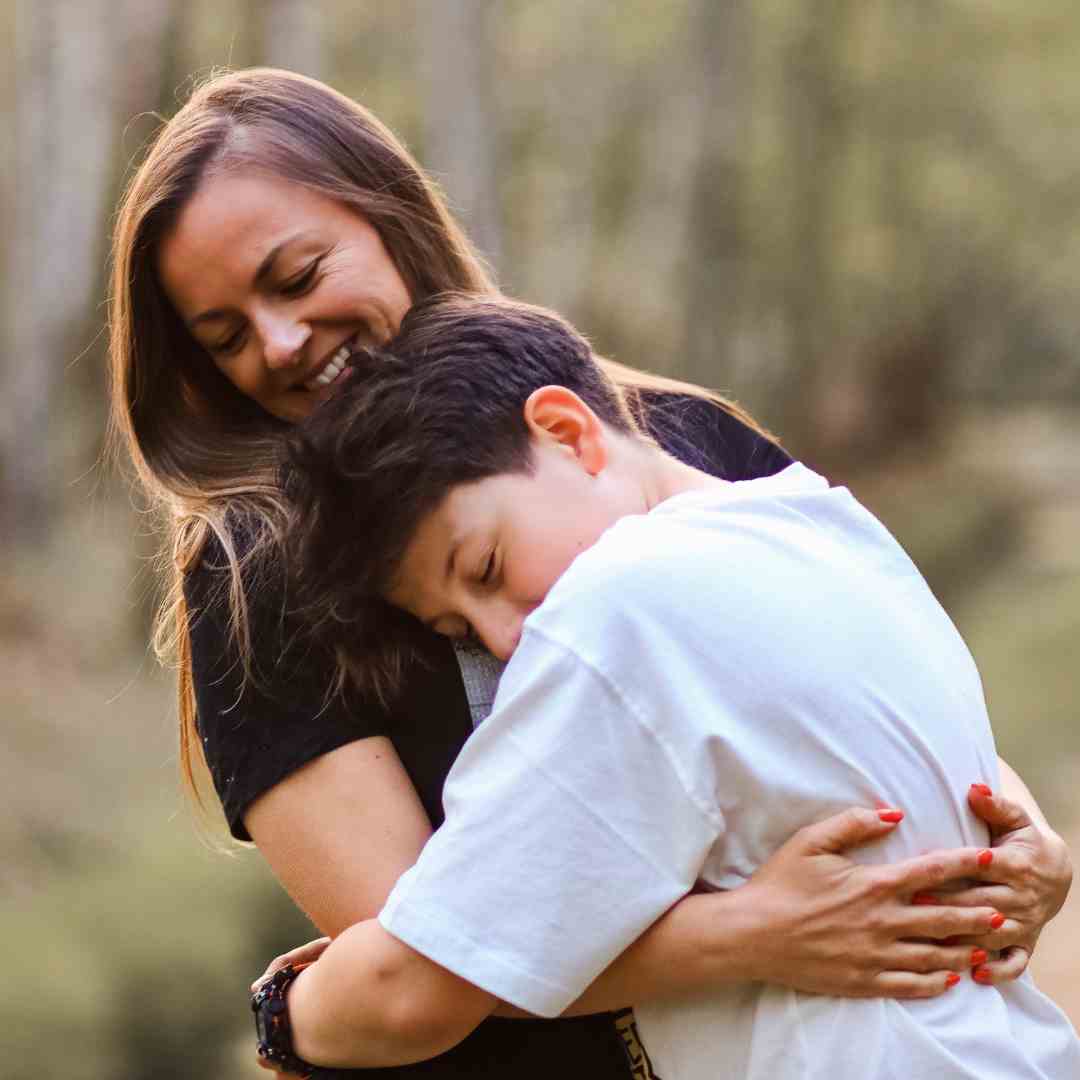Does your teenager need a life coach here in Singapore? What does a life coach for youths do? More importantly, how do you know if your adolescent needs one?
If you’ve always thought of life coaches as people who work with executives to achieve career life, you might be surprised to know that life coaching is fast becoming popular with young adults and teens. According to the International Coaching Federation’s Global Consumer Awareness Survey in 2017, 35% of respondents aged 22 and under already had a life coach!
While we don’t have teen coaching statistics for Singapore, we believe that it’s relevant here too. Saddled with high expectations from family, school, and society at large, teenagers in Singapore are a highly stressed lot. As a parent, you may find it tricky to offer the right support to your teen.
In this article, we’ll answer the most common questions that Singapore parents might have about life coaching, and how it can be useful for teenagers:
To find out if coaching can benefit your teen, simply drop us a message to book a free discovery call!
New to the idea of life coaching? A life coach is a wellness professional who assists people of all ages to make progress in their lives. In essence, a life coach can guide your teenager to:
The ultimate aim isn’t just to help your teen achieve his or her goals, but to acquire the skills for leading a happy and fulfilling life in teenhood, as well as adulthood.
But wait, you might ask: isn’t this something that teens can eventually figure out on their own? Consider this—could your own life have been better if you’d had someone to show you the way forward, especially during your teenage years when everything seemed hazy or confusing?
Of course, it’s possible to have a loved one play the role of a trusted mentor. But very often, those who are deeply invested in your teen’s life—such as you, the parent—may not be able to assume the role of an objective coach. This is because your personal experiences and expectations of your child can cloud your judgement, preventing you from being fully supportive of your teen’s talents and dreams.
A professional life coach, on the other hand, is trained to spot the gaps between the life that your teen is currently leading and the life that your teen would like to lead. Do note that this could be very different from your vision of what suits your teen!
Through conversations that involve careful listening and skilful questioning, an effective coach can help your teen to reflect on what’s not working well for him or her, and draw up a concrete plan for positive change. Teens and young adults who have worked with life coaches have described the experience as transformative, as they were able to view their own lives from a different perspective, gain confidence, and take charge of their future.
A common misconception about life coaching in Singapore is that coaching clients need to have a major ‘problem’ to fix. This isn’t necessarily true. On the contrary, many ‘ordinary’ teens have worked with coaches to improve their level of self-worth, their relationships with others, and their sense of optimism about the future.
Having said that, there are also obvious signs that your teen could benefit from a life coaching programme. These include:
If your teen is bogged down by such issues, pairing up with a life coach to tackle them—sooner rather than later—will ensure that your teen is well set up for the transition into adulthood.
"Counselling is a good fit for addressing trauma and mental health concerns, while coaching is better suited for transforming an ‘average’ existence into an ideal life."
— Liane Shaw Coaching
Here’s a quick way to differentiate between teen counselling and coaching: counselling tends to focus on getting clients to heal from past traumas, while coaching focuses on giving teenagers the agency to create a better future for themselves.
Although there may be some overlapping techniques, counselling is a good fit for addressing trauma and mental health concerns. Coaching, on the other hand, is better suited for transforming an ‘average’ existence into an ideal life.
Another difference is that counsellors typically hold a diploma or degree and are licensed by a national health authority. In Singapore, practising counsellors have to register with the Singapore Association for Counselling, and are required to log a certain number of counselling hours in order to qualify as a member.
In contrast, coaches have more freedom to pursue any training that aligns with their passions—but they too will have to meet requirements to retain their coaching memberships, which are often determined by international coaching bodies.
Parents should be aware that an ethical coach will never try to replace a mental health professional. Instead, he or she will schedule a preliminary meeting with you, to assess if coaching is the best solution for your teen.
Will your teen see tangible results from life coaching? Let’s look at two studies on the outcomes of teen coaching programmes:
Ready to discover how a coach can help your teen to succeed in life? Book a free discovery call with us today!
